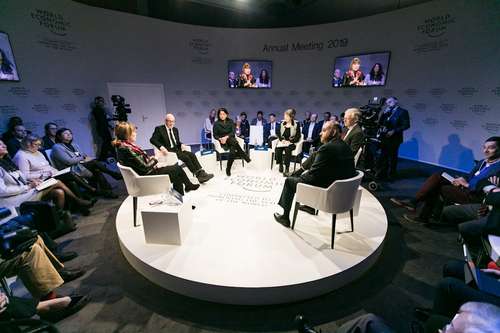Taiwan Semiconductor Manufacturing Company (TSMC) has suspended shipments to a Chinese firm following the discovery of a Sophgo chip in a Huawei AI processor.
This decision is based on U.S. trade restrictions and political tensions between China and the U.S.
Background on TSMC and Its Role in the Semiconductor Market
TSMC is the world’s largest independent semiconductor foundry and it is known for manufacturing chips for major tech companies like Apple, Nvidia, and Qualcomm.
However, TSMC’s operations are heavily influenced by geopolitical factors and more recently, the trade tensions between the United States and China.
As the U.S. export controls have become more strict to curb China's access to advanced technologies, companies like TSMC have found themselves at a crossroad between the two largest economies.
Discovery of TMSC Chips in Huawei Processor
The TSMC chip on Huawei’s Ascend 910B was discovered by TechInsights when the Canadian tech research firm took apart the processor.
TSMC, the world’s largest contract chipmaker, subsequently informed the US and Taiwan.
Ascend 910B was reportedly found to contain dies made by TSMC, throwing light on possible loopholes in US sanctions and Beijing’s relentless bid to access advanced foundry tech. Some experts believe the controversy proves that American sanctions on China’s chipmaking sector are not watertight.
The US Department of Commerce acknowledged it was aware of reports of potential violations of US export controls.
Republican lawmaker John Moolenaar said TSMC-manufactured chips in Huawei’s AI accelerators was a “catastrophic failure of export control policy.”
“AI accelerators, like the one that these chips fueled, are at the forefront of our technology race with the CCP, and I fear the damage done here will have significant consequences for our national security,” John Moolenaar, the chair of the House Committee on the Chinese Communist Party (CCP), said in a press release.
Implications of TSMC's Decision to Suspend Shipments
TSMC shipment suspensions to the Chinese firm is a clear reflection of the stringent U.S. export controls that are currently in place. Under these regulations, companies are prohibited from supplying certain technologies and components to entities that may pose a risk to U.S. national security. This includes companies like Huawei, which have been placed on the U.S. Entity List, effectively banning them from receiving American technology without government approval.
The suspension of TSMC shipments has several immediate consequences for the semiconductor market. First, it worsens the ongoing chip shortage that has plagued various industries worldwide, from automotive to consumer electronics. As TSMC is a key supplier of chips, any disruption in their operations can have a ripple effect across the supply chain, leading to delays and increased costs for manufacturers.
Moreover, this move signals to other semiconductor companies the importance of adhering to U.S. export controls. With the U.S. government increasingly scrutinizing tech companies’ relationships with Chinese firms, TSMC's decision may set a precedent for other foundries and manufacturers in the industry.
Closing Note
The suspension of TSMC shipments to a Chinese firm following the discovery of a Sophgo chip in a Huawei AI processor shows the interplay between technology, geopolitics, and international trade in real time.
As the U.S. continues to enforce strict export controls, companies in the semiconductor industry must remain vigilant with changes in the sector.




